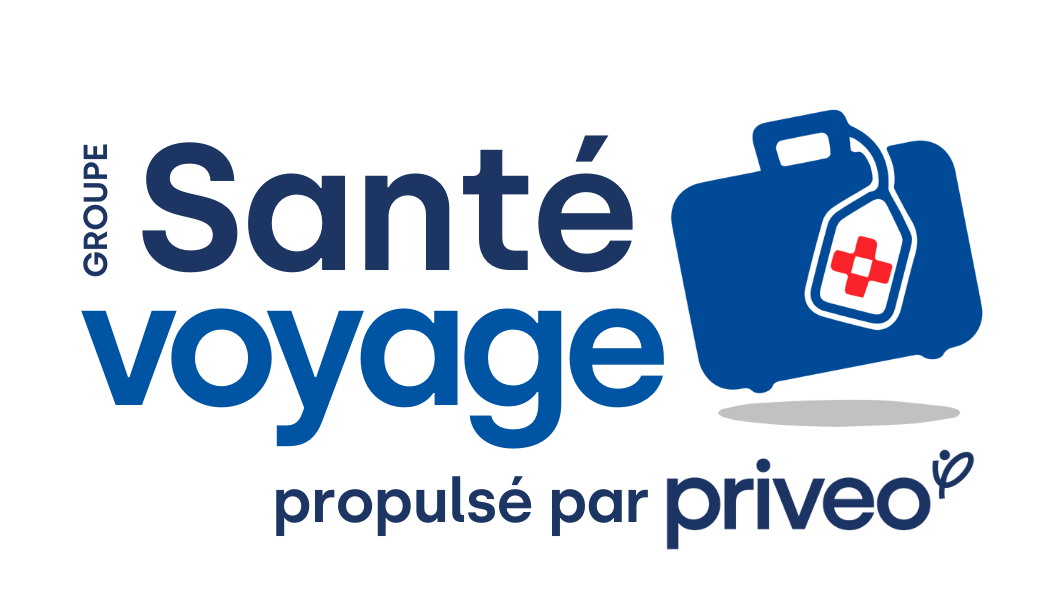The human papillomavirus, or HPV, is one of the most widespread viruses in the world. In Canada, it is estimated that 70% of the population will be infected with this type of virus at least once in their lifetime. HPV infection is the most common sexually transmitted infection (STI) in Canada. Infection rates are highest among people aged 15 to 29. The virus is transmitted during sexual relations, even without penetration.
HPV can be transmitted by direct contact between the skin or mucous membrane of one person and the genitals of another HPV-infected person (vagina, vulva, cervix, penis, scrotum, anus). Kissing or touching the genitals of an infected partner can eventually lead to the transmission of HPV that could infect another part of the body (e.g. mouth, tongue, throat, larynx). Most people infected with HPV have no symptoms and can spread the virus unknowingly. There are many different types of HPV, probably more than 100. Some types cause vulvar or plantar warts. On the other hand, more than 30 types cause anogenital infections. Some of these can cause precancerous lesions, cervical cancer and other genital cancers such as penile or anal cancer. These are known as carcinogenic types. The most common in North America are types 16 and 18, which account for around 70% of cervical cancers. Other types of HPV can cause genital warts (or condylomas), such as types 6 and 11, which together account for over 90% of genital warts, but rarely cause cancer. Genital warts can be bothersome and unsightly. Most infected people will recover from this infection. In others, especially those with carcinogenic HPV types such as 16 and 18, the infection may persist and slowly progress to precancerous or cancerous lesions if left undetected and untreated.
It’s estimated that 68,000 women in Quebec will need to see a specialist each year following an abnormal screening result, that around 325 women will develop cervical cancer, and that 80 of them will die from it. At present, the fight against cervical cancer is essentially based on Pap test screening.
DIN: 02342227 (Cervarix) and 02283190 (Gardasil)
Source: Public Health Agency of Canada



